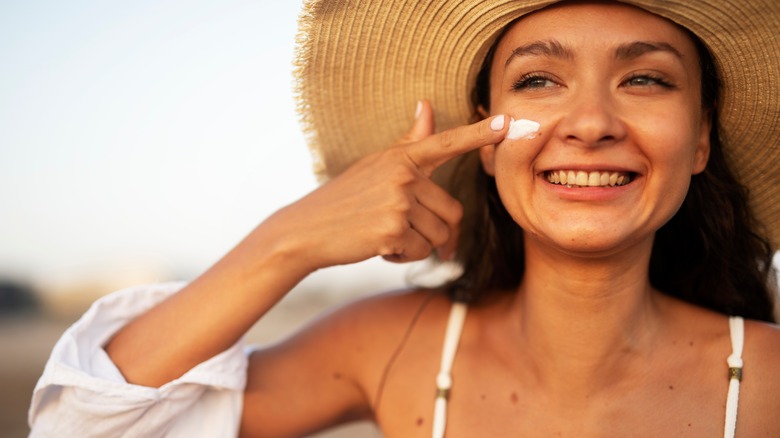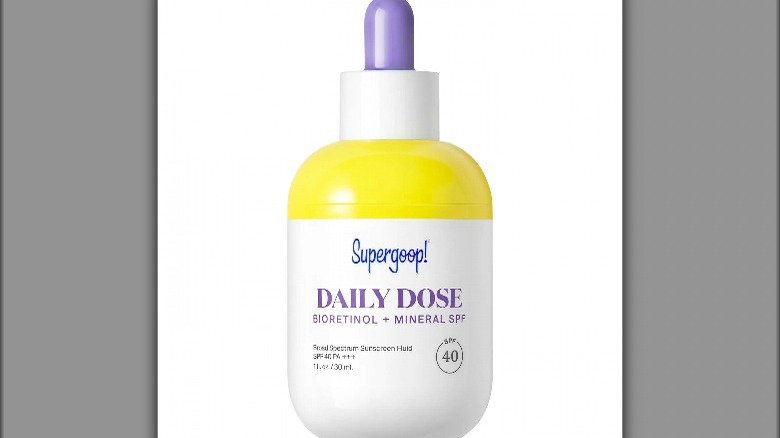Why Should You Always Wear Sunscreen After Using Retinol
We may receive a commission on purchases made from links.
If you have suffered from acne or have skin issues related to aging, you may have been advised to use a product containing retinol. Retinol works by amping up the production of skin cells and collagen, which leaves skin looking smooth, refreshed, and overall younger. There are a few different types of retinol, many of which can be found over the counter at your local drugstore or beauty store. Whether you are dealing with acne scars or fine lines, you will likely find a retinoid that is targeted for your specific issue. You can also speak with your dermatologist about prescription retinoids, which have higher concentrations of retinol and can help those with more severe skin issues.
While retinol is said to be a lifesaver for many, it also comes with some negative side effects, as using too much retinol or applying it to sensitive skin can cause dryness or irritation. If you have any type of skin issue like eczema or rosacea, you should steer clear of retinol products, as they are likely too strong for your skin. And although most retinol side effects are small and subside quickly, if you use it without sunscreen, you could find your skin in major trouble.
Why sunscreen is so necessary when using any retinol products
The sun is a great benefit for many things. Not getting enough sun can lead to things like seasonal depression. But at the same time, the sun can be very dangerous. Not only can prolonged sun exposure cause things like skin cancer, it can also cause smaller damages to the skin like wrinkles and fine lines.
Being in the sun without sunscreen is dangerous in itself, but certain products can enhance those negative effects. According to New York City-based dermatologist Whitney Bowe, MD, retinol makes your skin more exposed to the sun, which can lead to increased damage, via Vogue. She recommends avoiding the product if you know you will be outside for a long period of time and trying to only use it at night, when you know the sun won't touch your skin for multiple hours. But regardless of your outside time or even what season you are in, never leave your house without a layer of sunscreen if you have been using a retinol product.
The best sunscreens to use with a retinol
If you love using a retinol to keep your skin clear and firm, you don't have to stop using your retinol just because summer is coming. In fact, Marisa Garshick, MD, a board-certified dermatologist at MDCS Dermatology, says that retinol can be used year-round as long as you protect your dermis with sunscreen, per InStyle. She recommends sticking to a product that is 30 SPF or higher to make sure you are getting adequate protection.
If the idea of adding another product to your routine feels like too much, consider using a retinol product that has SPF in it as well. The Supergoop! Daily Dose Bioretinol + Mineral SPF 40 with Bakuchiol is a great option for pretty much any skin type and keeps the retinol working even in the sun (often, sun exposure can cause retinols to not work). Another SPF-infused retinol is the StriVectin Advanced Retinol Daily Repair Face Moisturizer Broad Spectrum SPF 30, which is ideal for those wanting to get rid of dark spots or uneven skin texture.

